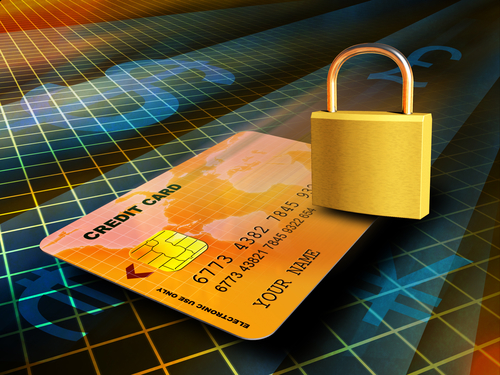Many of you who feature mobile payment solutions for better user experience are familiar with the word “tokenization”. This refers to a process that converts sensitive data to symbols in the world of eCommerce. The reason for using tokens to represent these once readable pieces of information extend to the fact that users do not want their details compromised in the process.
Generally, tokenization really does a lot of wonders to secure payment of consumers who transact online. It definitely gets rid of hackers who want to prey on user data to use it for their own benefit. Add to that the fact that every transaction is assigned a particular token. Meaning, once a token has been used, it will never be used again in the future. In this post, let us explore the importance of tokenization to mobile payments.
Securing Assigned Account Number from Time of Enrollment
When it comes to mobile payments, tokenized data work in such a manner that when a specific mobile account has been enrolled, the primary account number assigned to it will be replaced by a specific unique token that is kept using what is called a token vault. The token will never be stored on your user’s device thus protecting their sensitive data even more.
Secure Channel in Returning Card Data
This secure channel has its own way of authenticating data without divulging the numbers that hackers are running after. Instead, the device receives encrypted data which will guarantee that no privacy agreement has been breached. You can be sure that your consumers will feel comfortable shopping with you, knowing that you are using such merchant services.
Card Data and Payment Information Stay Protected at All Times
How does tokenization do that? Basically, it uses a secure communication channel when linking card network servers to user devices. It uses a unique authentication code in the process known as cryptography which is then sent to the payment terminal. The reason for doing this is to make sure that the authentication code is indeed connected to the mobile device enrolled by a particular consumer and not anyone else’s. If the code remains unverified then the transaction will not be completed. Only when the user responds to this code will the transaction progress.
Protects Merchants
Like your users, you are also being protected by tokenization in a way that it decreases the possibilities with which you should run after consumers who are there to defraud you. Statistics show that mobile payment is a common area where fraud exists. It is good that tokenized data solutions are now available to secure not just your users but you as the merchant as well.
It is with no doubt that tokenization has changed the world of eCommerce in general. Tokenization has been working hard to help protect mobile-related payment transactions, thus securing the most sensitive data from your transactions with your consumers.
